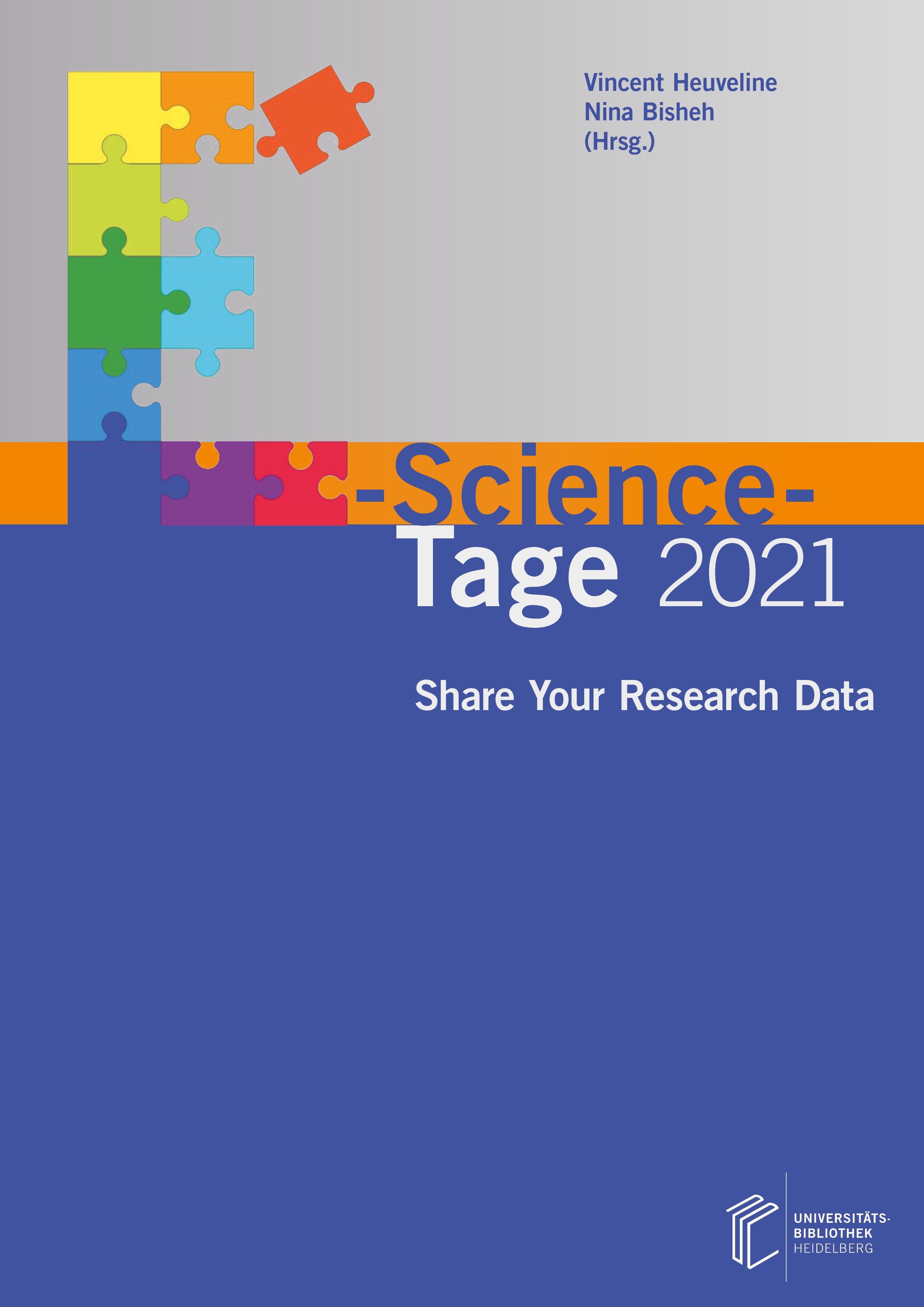How to Cite
License (Chapter)

This work is licensed under a Creative Commons Attribution-ShareAlike 4.0 International License.
Identifiers (Book)
Published
DataPLANT – Tools and Services to structure the Data Jungle for fundamental plant researchers
The DataPLANT consortium focuses on the continuous development and improvement of mechanisms and services for collaborative research based on sharing, enrichment and crosslinking of plant-research specific (meta)data. For this purpose, the DataPLANT tool and service chain is intended to facilitate overarching collaboration and research context management, ultimately leading to a more open and cooperative handling of research data through publication. DataPLANT follows a gradual and iterative approach, ensuring the commitment and alignment of expectations of all stakeholders. This particularly emphasizes the interaction between the community and DataPLANT. The set of tools and microservices developed and advanced in the last couple of months focused on the pre-existing digital landscape of the average plant scientist. The first important step to data management and publication is the assisted annotation of raw data sets through the Swate Workflow Annotation Tool for Excel, which integrates the required external ontologies. The selection of the relevant metadata is simplified by provisioning of metadata templates and the use of non-integrated terms is supported by the Swate OBO Updater. The ArcCommander helps with the creation of the specific folder and file structure following the concept of the Annotated Research Context. In the future, a comprehensive workflow integration and a collaborative platform for data provenance and research sharing will emerge supporting decentralized and centralized digital processes. A central DataPLANT Hub will offer an aggregation of services and knowledge, generating a searchable compendium for research in plant biology.



